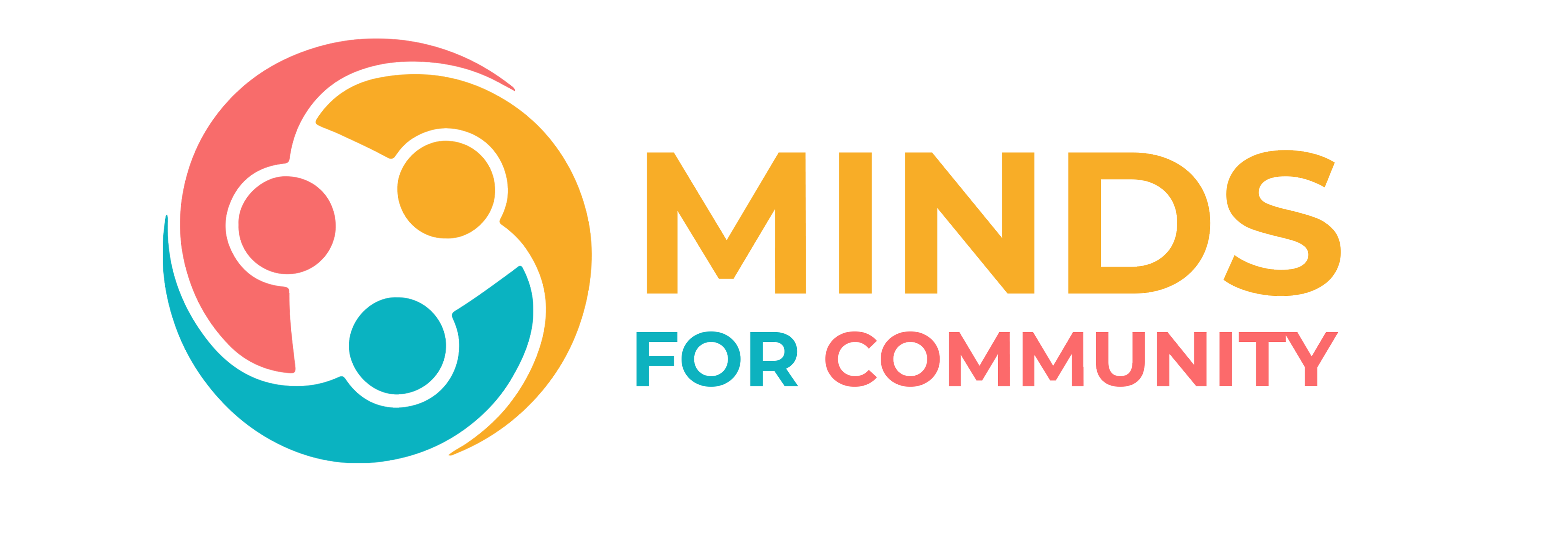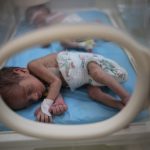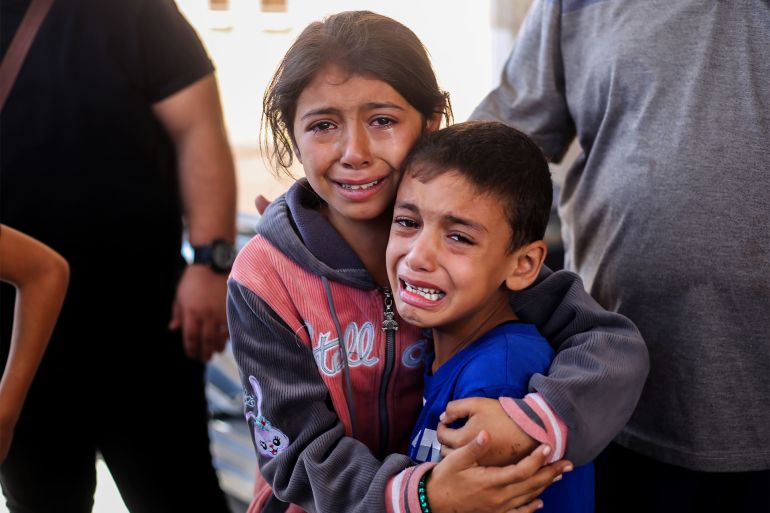The United Nations Office for the Coordination of Humanitarian Affairs said hundreds of thousands of displaced people in southern Gaza suffer from poor access to shelter, health care, food, water and sanitation.
The UN office added that from June 7 to 14, it carried out humanitarian assessments in displacement sites in Deir al-Balah, Khan Yunis, and the Mawasi Rafah area. He found that people were living in tents in overcrowded temporary shelters, which were in dire need of repair and did not provide any protection from the extreme heat.
The office also explained that access to water is very low, and that people are forced to stand in queues for long hours to obtain it, and are forced to rely on seawater for domesticuse.
The Office for the Coordination of Humanitarian Affairs stated that there is a continuing spread of infectious diseases in light of sewage overflow, the spread of insects, rodents and snakes, and an almost complete lack of hygiene materials and sanitation facilities.
The office said that many families reported that they eat only one meal every day, and some eat one meal every two or three days, and they mostly rely on bread, sharing food with other families, and rationing stocks.
He explained that access restrictions continued to seriously undermine the delivery of essential humanitarian aid and services throughout Gaza.
Between June 1 and June 18, of 61 organized humanitarian aid missions to northern Gaza, 28 (46 percent) were facilitated by the Israeli authorities, while 8 (13 percent) were denied access, and 16 were obstructed. mission (26%), and 9 missions (15%) were canceled for logistical, operational or security reasons.
The UN Deputy Spokesman reiterated that humanitarian operations in Gaza must be fully facilitated, and all obstacles must be removed.






